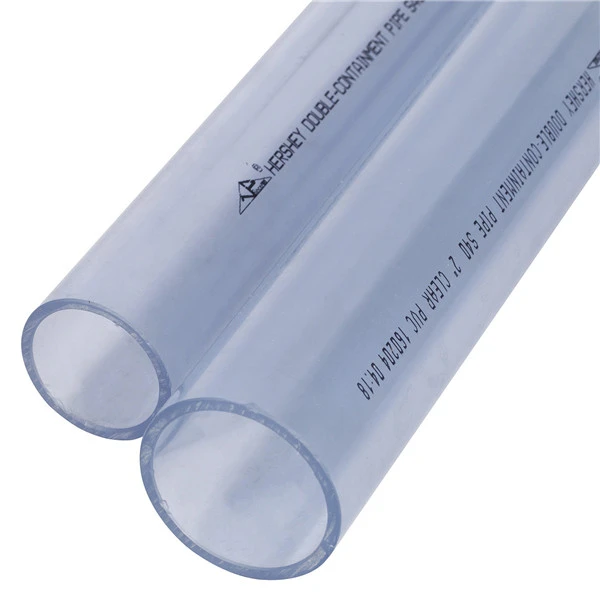Nov . 17, 2024 04:20 Back to list
pvc foam sheet
Understanding PVC Foam Sheets Versatile Material for Various Applications
PVC foam sheets have gained immense popularity across various industries due to their lightweight, durable, and versatile nature. Known for their unique properties, these sheets are made from polyvinyl chloride (PVC) and are often expanded with a foaming agent, resulting in a material that offers numerous advantages over traditional options.
What are PVC Foam Sheets?
PVC foam sheets are composite materials that are created through a process of extrusion and foaming. This process leads to a lightweight and strong sheet that features a smooth, attractive surface. They are available in various thicknesses, colors, and finishes, which makes them suitable for a wide range of applications from signage to construction.
Key Characteristics
One of the standout features of PVC foam sheets is their low density. This characteristic makes them easy to handle, cut, and shape without compromising strength. They are also resistant to chemicals, moisture, and UV radiation, making them ideal for both indoor and outdoor applications. Additionally, their non-toxic nature enhances their suitability for use in environments like schools and hospitals.
Another important property of PVC foam sheets is their insulation capabilities. They provide excellent thermal and sound insulation, which is a valuable trait for building materials. Furthermore, these sheets are flame-retardant, adding a layer of safety when used in construction or manufacturing.
Applications of PVC Foam Sheets
pvc foam sheet

The versatility of PVC foam sheets means they've found their way into numerous sectors. In the advertising industry, they are commonly used for creating eye-catching signs and displays. Their lightweight nature allows for easy mounting and installation, making them a favorite among signage professionals. Custom printing on PVC foam sheets is also popular, allowing businesses to promote their brand effectively.
In construction and interior design, PVC foam sheets serve as wall cladding, partitions, and ceiling tiles. They provide a sleek finish while being easy to clean and maintain. These qualities make them a favorite for modern designs where aesthetics and function go hand-in-hand.
Industries like marine manufacturing also benefit from PVC foam sheets, as they are resistant to water and decay, making them ideal for use in boats and other marine applications. They can withstand harsh environmental conditions, ensuring longevity and durability.
Sustainability Aspects
As environmental concerns grow, the manufacturing process and sustainability of materials are increasingly scrutinized. PVC foam sheets can be recycled, which helps reduce waste. Manufacturers are also making strides in creating more eco-friendly versions and improving production methods to lessen environmental impact.
Conclusion
In conclusion, PVC foam sheets represent a remarkable innovation in material design, combining practicality with versatility. Their lightweight, durable, and resistant properties make them suitable for an array of applications, from signage to construction, and everything in between. With a focus on sustainable practices, the future of PVC foam sheets looks promising, ensuring that they remain a go-to solution for industries demanding efficient, reliable, and eco-friendly materials. Whether you are a contractor, designer, or business owner, understanding the benefits of PVC foam sheets can help you leverage this versatile product for your specific needs.
-
High-Quality PPR Pipes and Fittings Durable ERA PPR & PVC PPR Solutions
NewsJul.08,2025
-
Black HDPE Cutting Board - Durable, Non-Porous & Food Safe HDPE Plastic Cutting Board
NewsJul.08,2025
-
High-Quality CPVC Panel Durable HDPE & PVC Panels Supplier
NewsJul.08,2025
-
Double PE Welding Rod Supplier - High Strength, Durable & Versatile Welding Solutions
NewsJul.07,2025
-
High-Quality PVC-O Pipe Supplier Durable 75mm PVC Pipe & Connections Leading PVC Pipe Company
NewsJul.07,2025
-
HDPE Drainage Pipe Supplier – Durable & Corrosion-Resistant Solutions
NewsJul.06,2025

